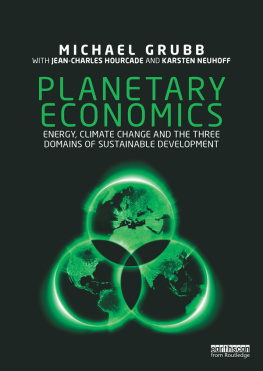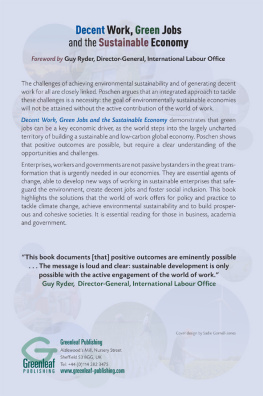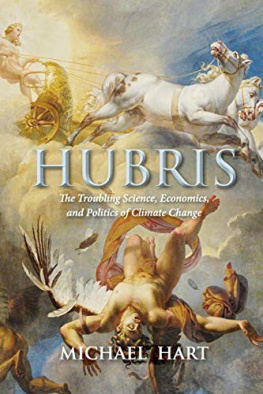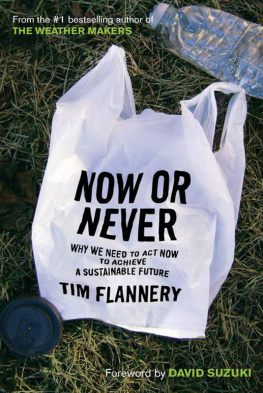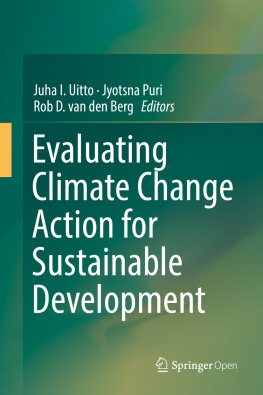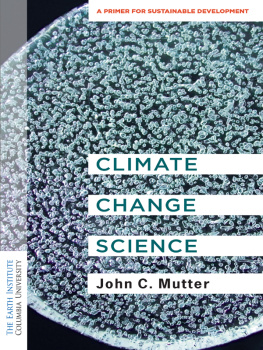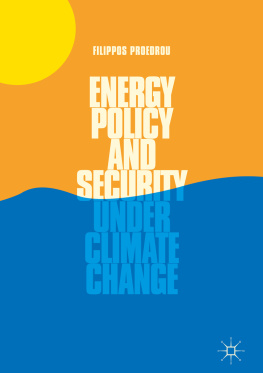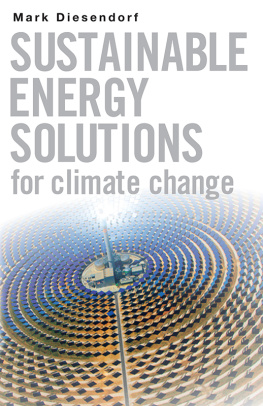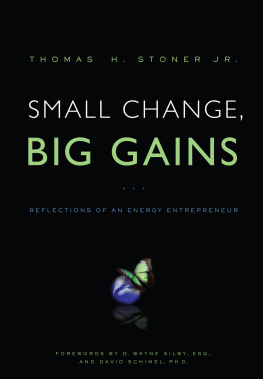Really comprehensive and interesting. A profoundly important book a genuinely original view of how we might overcome some of the most fundamental problems facing effective climate change policy around the world today.
Lord Anthony Giddens, Fellow of Kings College, Cambridge and former Director of the London School of Economics
A seminal book that challenges conventional wisdom about growth, innovation and climate policy. After reading it you understand why the tools that mainstream economics has provided policymakers have been unequal to the task. In filling out the picture, Planetary Economics contains a crucial practical message: the fact that energy is at the core of the economic machine is both the challenge and the opportunity, and three pillars of policy together are needed to steer it in safer directions.
Laurence TubianaFormer Senior Advisor to the French Prime Minister and Director of Global Public Goods at Ministry Of Foreign Affairs; currently Professor at Sciences Po and Columbia University, and President of the Board of Governors of the French Agency for Development (AFD)
The book is compulsory reading for policymakers and academics for understanding the broader challenges of environmental change. What makes the book such an outstanding contribution is the way it brings together the fields of energy, environment, innovation, behavioural economics and macroeconomics. Its key policy message is a timely call for policymakers to act decisively, so that our societies can have the confidence to invest and innovate in solving the great environmental challenges of our time.
Prof. Marcel Fratzscher, President of German Institute for Economic Research (DIW Berlin)
This important book sets out a clear and comprehensive theory of how transition can be achieved and a convincing and well evidenced argument that it will be, if only we apply the policy tools and approaches available. Proposed policies for building a low carbon economy often refl ect very different ways of thinking: economists favouring markets and carbon pricing, scientists and technologists a vision of transformative innovation (fearing the shortterm bias of markets and cost benefit analysis), whilst some environmentalists seek to engage peoples enthusiasm to achieve changes in personal behaviour. Michael Grubb argues cogently that a successful strategy must combine all three approaches, and illustrates their respective roles and complementary nature.
Lord Adair Turner, former Director-General of Confederation of British Industry and Vice-Chairman of Merrill Lynch Europe; from 200812, Chair of UK Financial Services Authority and UK Climate Change Committee; currently Senior Fellow, Institute of New Economic Thought
The defining features of climate change long-time horizons, global reach, and uncertain but possibly catastrophic impacts have stymied policymakers and strained many of the standard tools of economics. In Planetary Economics, Grubb and colleagues document and then tackle these characteristics head on. They organize the debate, fill in gaps, and present a unified framework for thinking about the problem, the best policy solutions, and how they need to fit together. This is an important read for anyone looking for a sensible and comprehensive way forward.
Billy Pizer, Associate Professor of Public Policy at Duke University and former Deputy Assistant Secretary for Environment and Energy, US Treasury
Combines extraordinary breadth with depth, all written with exceptional clarity. In explaining why energy and climate change take us beyond the traditional boundaries of economics, it is a landmark study which should expand the horizons of economics itself as well as mapping out how, in doing so, we can solve some of the most pressing problems of our time.
Catherine Mitchell, Professor of Energy Policy, Exeter University
An ambitious book that looks at nothing less than the future of human and planetary well being. It is smart, provocative, and unconventional at every turn. Grubb shows that the worlds energy and economic systems are on the wrong track. Profoundly new thinking, including policies, will be needed to transform these systems and put the planet on track to much lower and safer levels of global warming pollution. The elements of that new thinkingsuch as smarter innovation policies, cleaner energy networks, and better valuesare all around us today. Grubbs big contribution is to stitch them together and chart a path for change.
David Victor, Professor and Director of Laboratory on International Law and Regulation at University of California San Diego, and author Global Warming Gridlock and The Death of the Kyoto Protocol
A book of extraordinary scope and ambition that will challenge readers to think more clearly and carefully about some of the biggest issues this planet and its people face. Grubb has no ideological axe to grind and no particular allegiance to one scholarly school or another instead he draws on a range of theoretical frames to shed as much light as possible on the dynamics governing our energy systems, all with an eye toward figuring out how to steer them in a safer and more secure direction. Anyone who works in this area will be provoked to think more wisely as a result of reading this book.
Michael Levi, Senior Fellow for Energy and the Environment, US Council on Foreign Relations
Planetary Economics
How well do our assumptions about the global challenges of energy, environment and economic development fit the facts?
Energy prices have varied hugely between countries and over time, yet the share of national income spent on energy has remained surprisingly constant. The foundational theories of economic growth account for only about half the growth observed in practice. Despite escalating warnings for more than two decades about the planetary risks of rising greenhouse gas emissions, most governments have seemed powerless to change course.
Planetary Economics reveals the surprising links between these seemingly unconnected facts. It argues that tackling the energy and environmental problems of the twenty first century requires three different domains of decision-making to be recognised and connected. Each domain involves different theoretical foundations, draws on different areas of evidence, and implies different policies.
The book shows that the transformation of energy systems involves all three domains and each is equally important. From them flow three pillars of policy three quite distinct kinds of actions that need to be taken, which rest on fundamentally different principles. Any pillar on its own will fail.
Only by understanding all three, and fitting them together, do we have any hope of changing course. And if we do, the oft-assumed conflict between economy and the environment dissolves with potential for benefits to both. Planetary Economics charts how.
Michael Grubb is Senior Researcher and Chair of Energy and Climate Policy at the Cambridge University Centre for Climate Change Mitigation Research UK, and Senior Advisor on Sustainable Energy Policy to the UK Energy Regulator Ofgem. He is also Editor-in-Chief of the journal Climate Policy. His former positions include Chair of the international research organization Climate Strategies, Chief Economist at the Carbon Trust, Professor of Climate Change and Energy Policy at Imperial College London, UK, and Head of Energy and Environment at Chatham House.
Jean-Charles Hourcade is Research Director at the Centre National de la Recherche Scientifi que (CNRS) and at the cole des Hautes tudes en Sciences Sociales, France. He is Professor at the cole Nationale des Ponts et Chausses (E.N.P.C.) and was formerly Director of the Centre International de Recherche sur lEnvironnement et le Dveloppement (CIRED). He has advised the UNDP, UNEP, OECD, IEA and World Bank several times.

